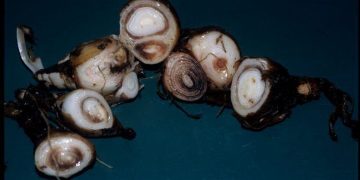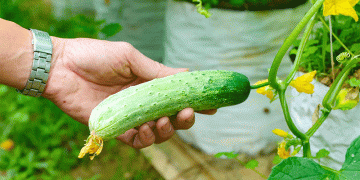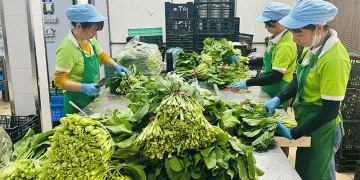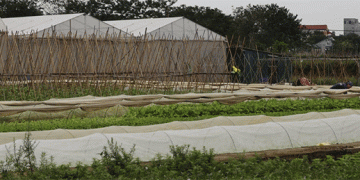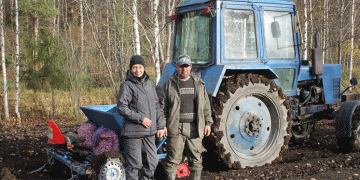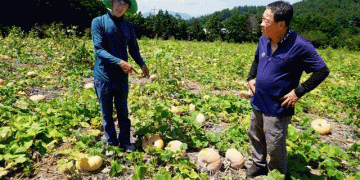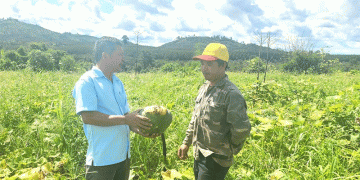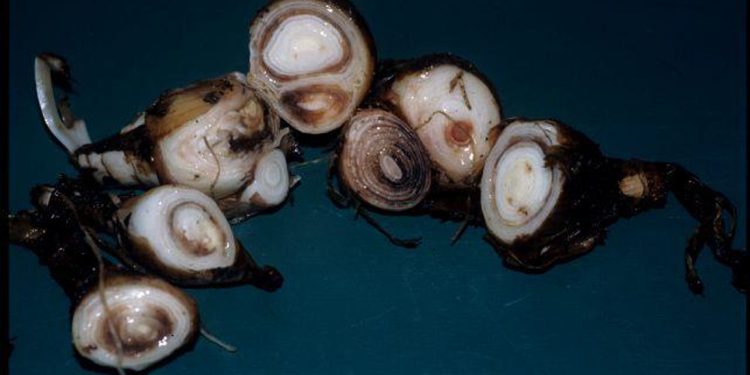PlantNematodeControl #SustainableAgriculture #BiologicalControl #DitylenchusDipsaci #NematodeInfestation #Nematicides #CropLosses #FoodSecurity
Nematodes are microscopic roundworms that can wreak havoc on crops and plants, causing significant economic losses for farmers and gardeners alike. Among these nematodes, Ditylenchus dipsaci, also known as the stem and bulb nematode, is particularly notorious for its ability to infest a wide range of plant species, from onions and garlic to beans and strawberries.
The development of effective control strategies against Ditylenchus dipsaci infestation is therefore of utmost importance. One approach involves the use of resistant plant varieties, which can limit the nematode’s ability to establish and reproduce within the plant. Crop rotation, soil sterilization, and the use of nematicides are other commonly employed methods.
However, the use of chemical nematicides poses a potential risk to human health and the environment. Moreover, the constant exposure of nematodes to these chemicals may lead to the development of resistance over time. As such, there is a growing need to explore alternative methods of nematode control.
One promising approach is the use of biological control agents, such as fungi and bacteria, that can parasitize and kill the nematodes. Other studies have also shown the potential of plant extracts and essential oils as natural nematicides.
The consequences of effective Ditylenchus dipsaci control can be significant, both in terms of economic benefits and environmental sustainability. By reducing the need for chemical nematicides, farmers can lower their production costs and promote more sustainable farming practices. Additionally, the reduction in crop losses can help ensure food security and maintain the availability of diverse plant species for future generations.
The development of effective and sustainable control strategies against Ditylenchus dipsaci infestation is crucial for the well-being of our agricultural systems and ecosystems. By exploring innovative approaches and harnessing the potential of biological and natural control agents, we can mitigate the damaging effects of nematodes on our crops and promote a more resilient and sustainable agriculture.
